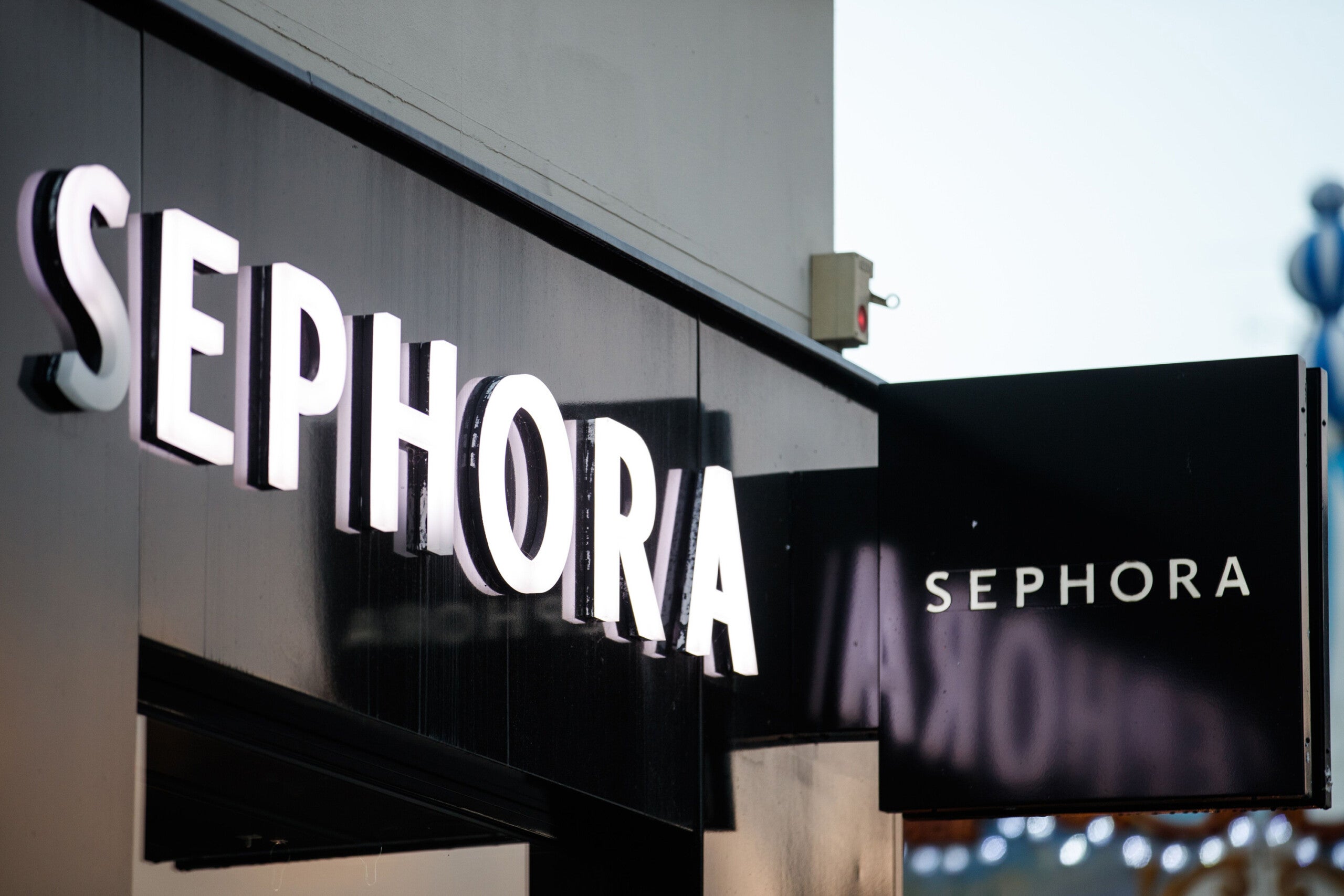Sephora has locked up all its perfume. It says too many people were stealing
NEW YORK (CNN) — Sephora has drastically changed the way people shop for fragrances in its stores, and it’s blaming store thefts for it.
Sephora told CNN that it has removed all fragrances – which it said are among the most targeted items for theft – from stores shelves and displays and replaced them with fragrance tester bottles.
Previously, people could go into the fragrance section of a Sephora store, use testers to find a scent from a brand they liked and then reach for an unopened box of the fragrance on the shelf and proceed to checkout.
That’s gone. Instead, shoppers will now find only testers on display. If they want to buy a particular fragrance, they’ll have to request store staff to get it for them.
Sephora’s cosmetics empire was built upon its pioneering try-before-you-buy store strategy for beauty products followed by the grab-and-go convenience of paying for them.
But the company says a rise in crime forced it to do away with that strategy – at least for fragrances – that drove so much of its success and built goodwill with customers.
Sephora locked up the fragrances and added more staff specifically tasked with stopping theft.
“The safety and security of our employees and customers is our top priority,” the retailer said in a statement to CNN. “To minimize the threats of retail theft and to provide our shoppers with the peace of mind during their experience at Sephora, we’ve increased the presence of Sephora loss prevention investigators across all stores. With that, out of an abundance of caution, Sephora only displays fragrance testers in-stores.”
After initially testing the change, the retailer broadly implemented it in in July and August across its fleet of US stores. But testers, too, have been targeted for theft, according to the retailer.
“I wouldn’t have guessed that Sephora was the next retail chain locking away products because of theft, but I’m not surprised this is happening,” said Mark Skertic, a retail crime expert and managing director in the investigations and disputes practice at K2 Integrity, a Chicago-based global risk, compliance, investigations and monitoring firm.
Skertic said fragrances in general, and especially the high-end perfumes that Sephora sells are highly targeted item for theft because there is market demand for them and they can be resold quickly.
“But when retailers have to resort to these sort of measures, it’s bad for customers and for employees, too.”
Lock it up
Consumers are increasingly seeing stores where they routinely shop locking up a variety of merchandise ranging from toothpaste, deodorant, shampoos to vitamins, cosmetics and even underwear in cabinets.
It’s happening as retailers large and small sound the alarm on what they say is an escalation in petty shoplifting to organized robbery sprees that clear entire shelves of products.
But skeptics of a massive crime wave suddenly targeting America’s retailers note that store crime is among a host of other challenges for the industry, such as pullback in consumer spending and excess inventory. And some industry watchers question whether retailers might be using theft as a convenient excuse to mask these other hurdles.
Still, viral videos of thieves emptying out stores demonstrate what many stores are contending with. Experts say the most insidious type of theft that retailers are grappling with is organized retail crime, or ORC, that involves groups of people targeting stores that carry higher-value merchandise like electronics, sporting goods, cosmetics, fragrances clothing, handbags and shoes.
The groups steal large quantities of products and then resell them in secondary marketplaces, such as eBay, OfferUp, and Facebook Marketplace, or even back into the legitimate supply chain, according to law enforcement.
Retailers are resorting to several measures to make their stores safer, including locking up products or altering the store layout. But it could be costing them shoppers because of it.
Walgreens recently unveiled a prototype store in Chicago with only two aisles and most products kept out of sight.
“The ultimate victim of retail crime is 100% the consumer,” said Landon Winkelvoss, co-founder of Nisos, a provider of threat intelligence to companies and organizations.
Undoing the ‘freed’ products model
Sephora risks alienating its loyal shopper by putting its perfume behind lock and key.
The company was lauded for permanently changed the way people shopped for cosmetics, skincare and fragrances.
Its business model of allowing people to touch and handle products inside the store before anything was purchased was quickly replicated by its competitors.
“Previously, department stores had kept (beauty) product behind counters, and sales associates were the only way to access the product,” said Manola Soler, senior director with Alvarez & Marsal’s Consumer and Retail Group.
“Sephora freed the products and put them straight into consumers hands so they could touch, swatch and experience the products at their leisure,” she added.



